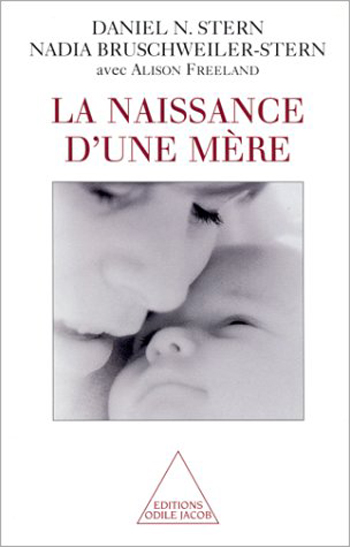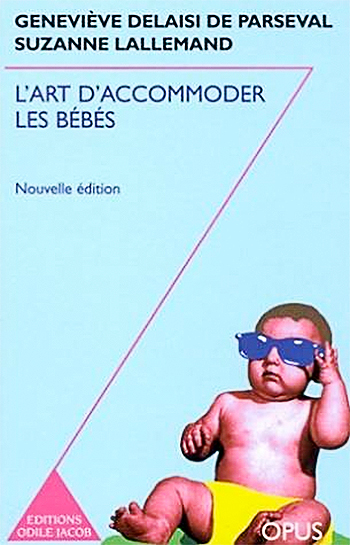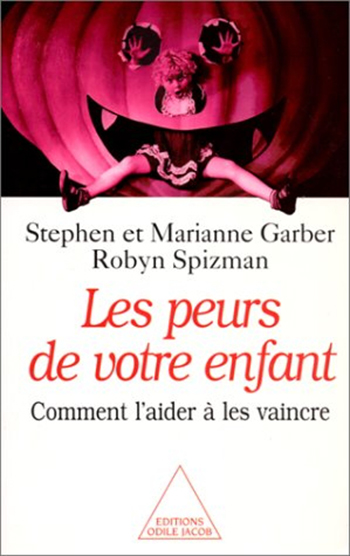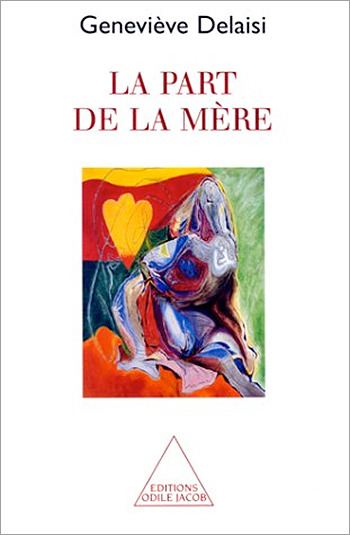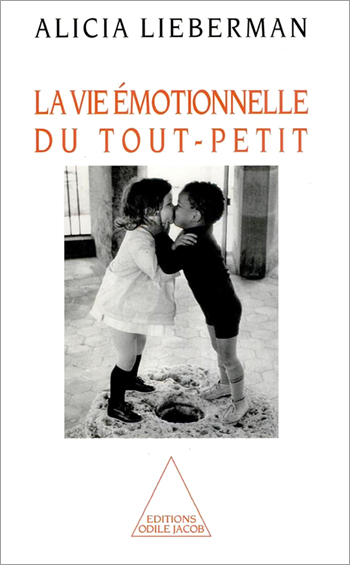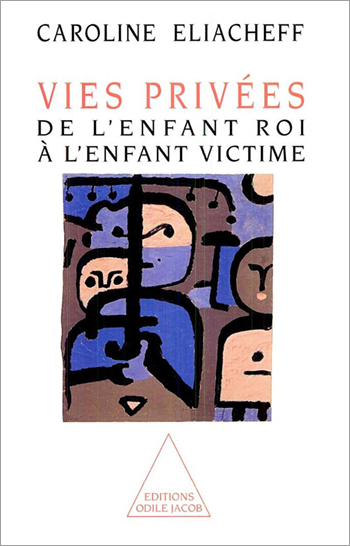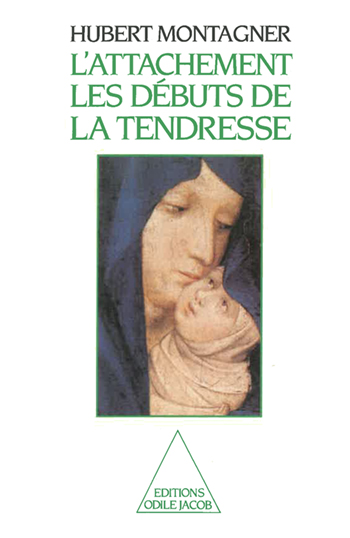Child development All books
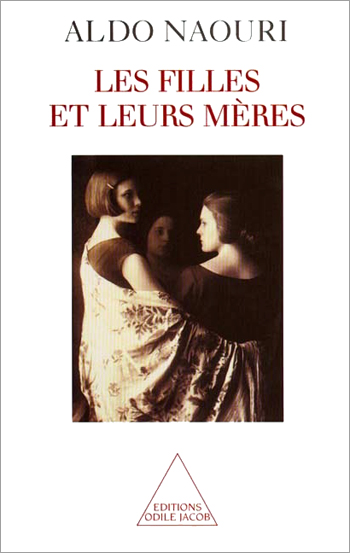
Aldo Naouri
Girls and their Mothers
According to the author, a powerful current of violence flows between daughters and their mothers.

Stanley Greenspan, Jacqueline Salmon
The Challenging Child (Coll. Opus) Understanding, Raising, and Enjoying the Five
There always comes a time when parents think that their child has become impossible. Hyper-sensitivity, withdrawal, systematic indiscipline, concentration difficulties, aggressiveness : through five cases of difficult children, Stanley Greenspan explains how to help by emphasising the sensory and motional differences of each of child. Importantly this book allows parents to identify for themselves the personality of their child, in order to find in the childs weaknesses the ingredients for future success. Stanley Greenspan is a doctor of medicine, and a teacher of psychiatry, behavioural psychology et paediatrics at the George Washington Faculty of Medicine in the United States. Jacqueline Salmon is a journalist at the Washington Post.
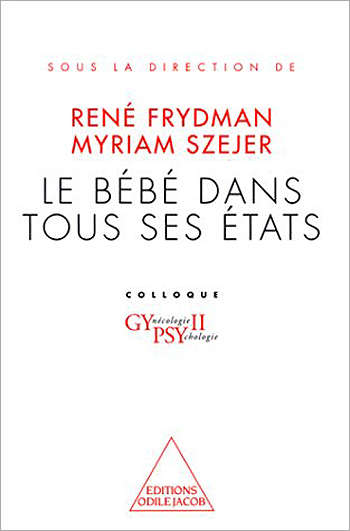
René Frydman, Myriam Szejer
The Baby Through All Stages of Development Gypsy II Conference
Can communication be established with new-born infants? Is it true that certain forms of sensory information can be transmitted to foetuses? How can doctors detect medical disorders which are the expression of psychic suffering in infancy? Can psychoanalysis help to relieve such disorders? To produce this report, paediatricians, midwives, psychotherapists, psychoanalysts, and researchers pooled their experience to provide a better understanding of what makes human beings develop harmoniously. The Gypsy II Conference was held in association with the organisation known as "La Cause des Bébés".
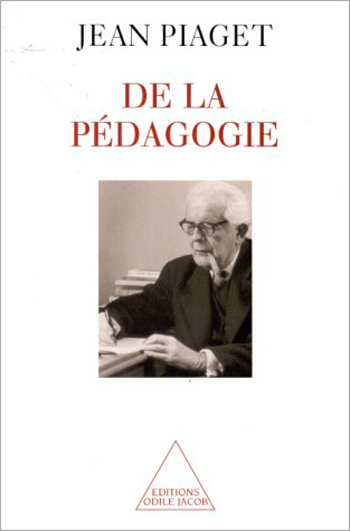
Jean Piaget
Of Education
What is the teacher's role and how important is it in a child's education? Should this role include the shaping in the child's mind of the tools with which to grasp and comprehend the world? How should activities be presented so as to be easily understood by children? What are the difficulties that children encounter when resolving mathematical problems? Pedagogical methodology, the role of the educator, and the child's autonomy : these are some of the subjects that Piaget reflected on throughout his life and which remain central to educational concerns today.
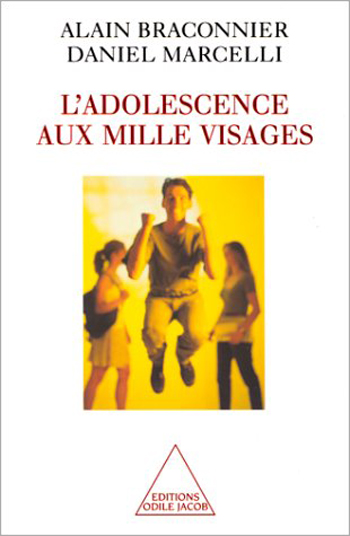
Alain Braconnier, Daniel Marcelli
The Many Facets of Adolescence
How can parents avoid abusing their position of authority, without becoming too chummy? When should adolescent expressions of anxiety and depression warrant serious concern? What is a "problem adolescent"? What should be done in response to the dangers of drugs and of AIDS? First published by Editions Universitaires in 1988, The Many Facets of Adolescence has rapidly became a classic. It has been completely revised for the present edition, in particular the epidemiological data and the sections concerning adolescent depression and the relations between adolescents and their family. Alain Braconnier is a psychiatrist and director of the Centre Alfred Binet in Paris; he also teaches at the University of Paris-V. Daniel Marcelli is a psychiatrist specialising in childhood and adolescence.

Patrice Huerre, Martine Pagan-Reymond, Jean-Michel Reymond
Adolescence doesn't exist
Adolescence is a recent conception in the history of man, a method of signifying, via puberty, the passage from childhood to adulthood which has always existed. In the past, this passage was celebrated and defined through the practice of rituals. Today the transition is no longer marked within such a strict timescale. Even more serious is the tendency for adults to refuse young people entry into their grown up world, either as a result of their own fear of aging, or of their desire to protect the young person from all possible risk. Patrice Huerre is a hospital psychiatrist, psychoanalyst and director of the Georges Heuyer University Medical Clinic in Paris. Martine Pagan-Reymond is a certified professor in Modern Literature. Jean-Michel Reymond, formerly Chief of Staff of Child and Adolescent Psycology is now Director of the Medical-Pedagogic Center of Saint-Lô.
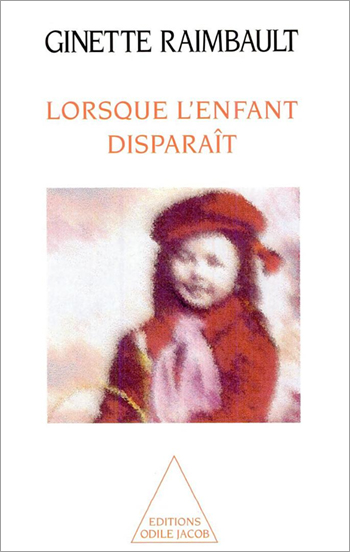
Ginette Raimbault
When a child disappears
When a child disappears, the parents of that child have to first of all relearn how to live their lives. How can they face up to this task ? What routes, both conscious and subconscious do they take in order to do this ? Ginette Raimbault explores the mental processes of these devastated parents using the spontaneous testimonies of those who have relied on writing to get them through their bereavement such as Victor Hugo who mourns Léopoldine, and Isadora Duncan and Geneviève Jurgensen who both lost two children at once. Through the anguish of these famous examples, this book movingly asks the universally relevant question : what does a child mean for the parent ?
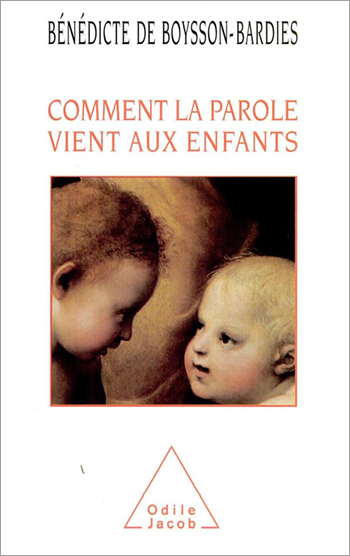
Bénédicte de Boysson-Bardies
How Does the Power of Speech Come to Children ?
How does the newborn, from his cradle, perceive the sounds that make up words? How does he hear and extract sounds, and then recognize, organize and analyze them? How does an infant come to understand and reproduce language? How does the power of speech come to children? Benedicte de Boysson Bardies invites the reader to follow the newborn from his first minute of life to his first sentence, retracing step by step the process of acquiring speech. As a psycholinguist, Benedicte de Boysson Bardies specializes in the acquisition of language by young children.
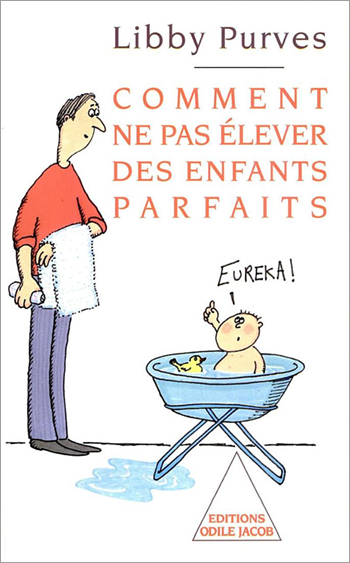
Libby Purves
How Not to Raise Perfect Children
All parents want to raise exceptional children : well-balanced, healthy, clean behind the ears and gifted for everything...
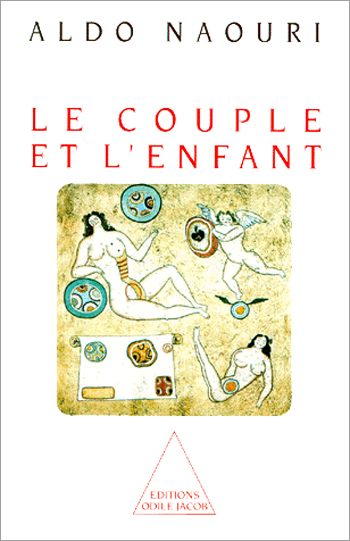
Aldo Naouri
The Couple and the Child
With a first birth, a woman naturally becomes a mother, and, in principle, a man becomes a father...

Libby Purves
How Not to be a Perfect Mother
Are you one of those perfect mothers or are you a real mother? Perfect mothers always smile, always have immaculate homes, never raise their voices....
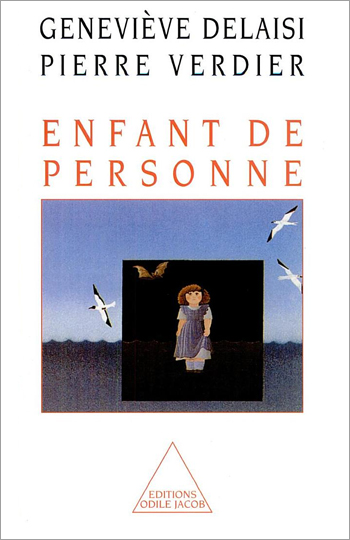
Geneviève Delaisi de Parseval, Pierre Verdier
Nobody's Child
Adoption and medically assisted procreations reflect the same suffering and ask the same questions. In both cases, the institution, in the name of a mistaken conception of filiation, weighs upon the children's head with an absolute secrecy as to its biological origins. The authors show in this book the consequences this secrecy has upon the psychology of children and parents.
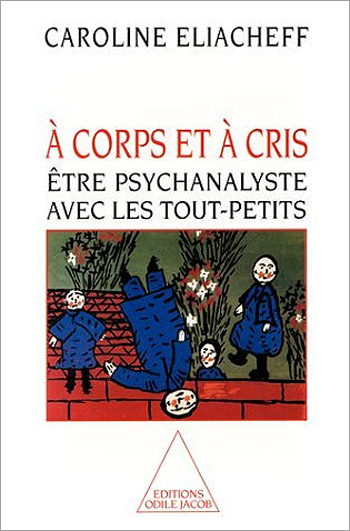
Caroline Eliacheff
À corps et à cris How to psychoanalyse young children
Oliver, Zoe, Mathias and the others are children of grief. They barely speak. They have faced innumerable trials: unknown mothers, abandon, adoption, even separation from imprisoned parents. Traditional medicine allows them to survive, but cannot teach them to live. Is there a solution? This book attempts to reach these neglected children and, through words, to heal. Caroline Eliacheff is a psychoanalyst who counts among her published works Les Indomptables, written in conjunction with Ginette Raimbault.
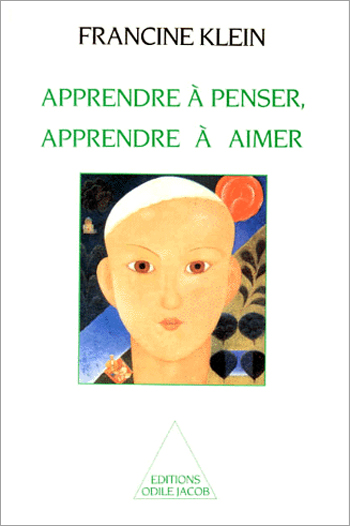
Francine Klein
Learn to Think, Learn to Love
Is everything determined at birth and in our first months of life? Why is it that certain children experience difficulty in learning to walk and to speak? Why them and not others? By describing the mechanics of learning and intellectual development, Francis Klein emphasizes the role of affection and relational factors on early development. She reminds us that to learn to think pre-supposes pleasure and liberty. Francine Klein is a children's psychiatrist and a psychoanalyst.

